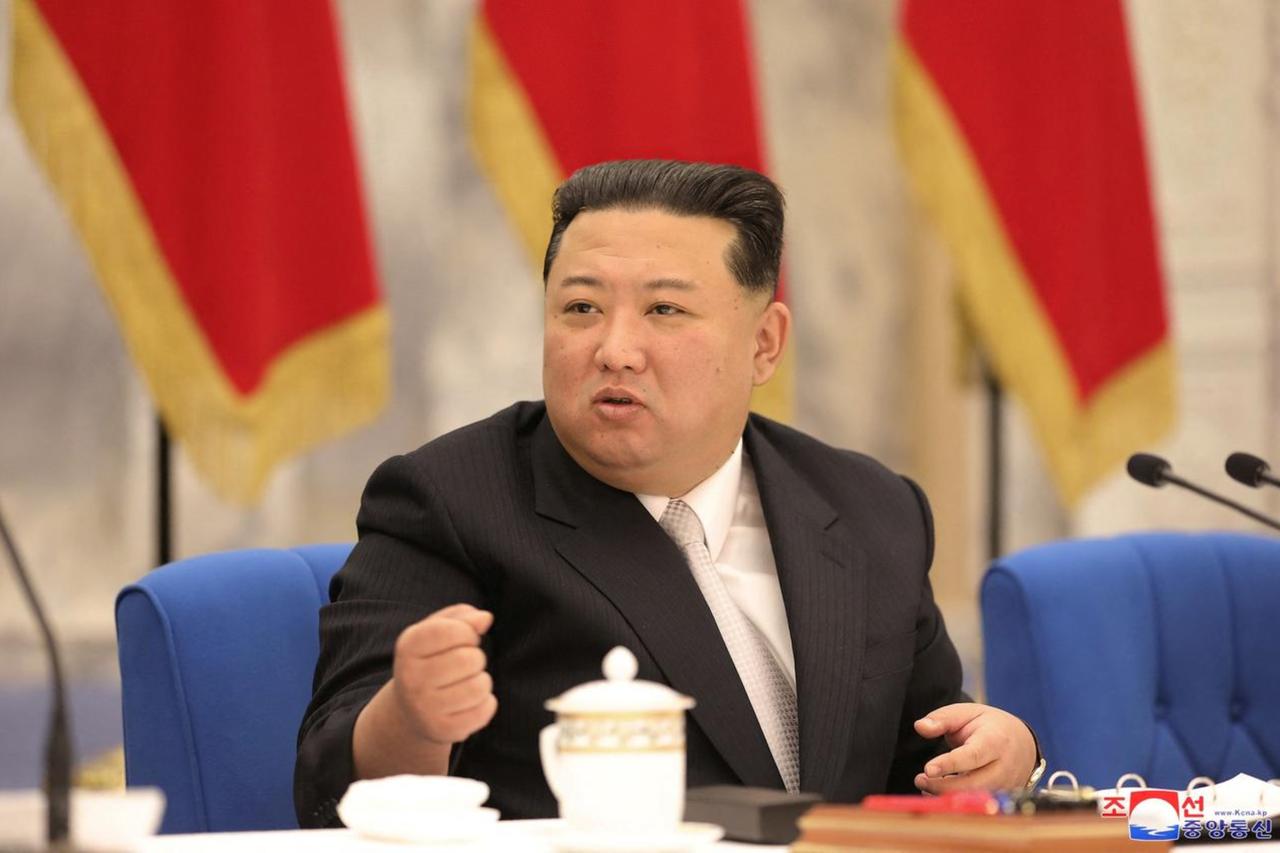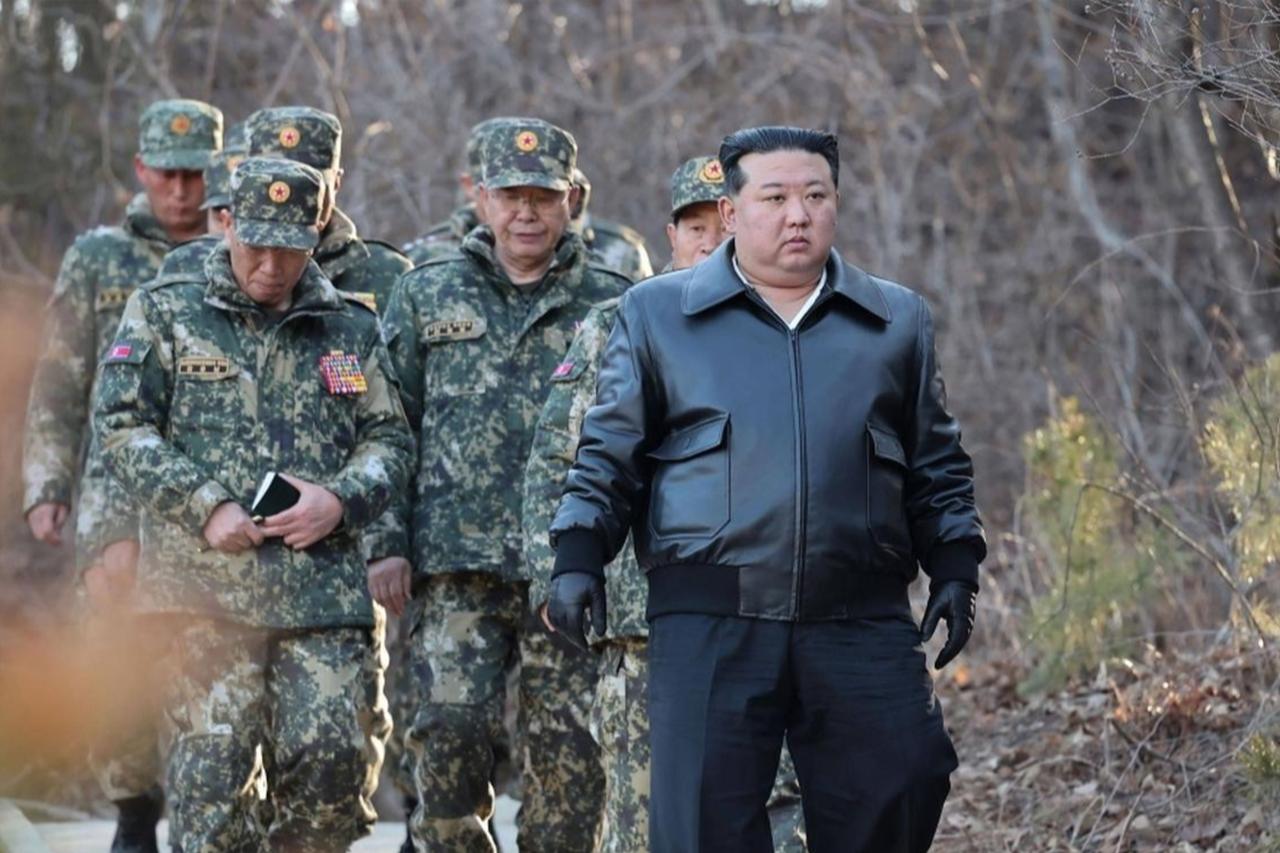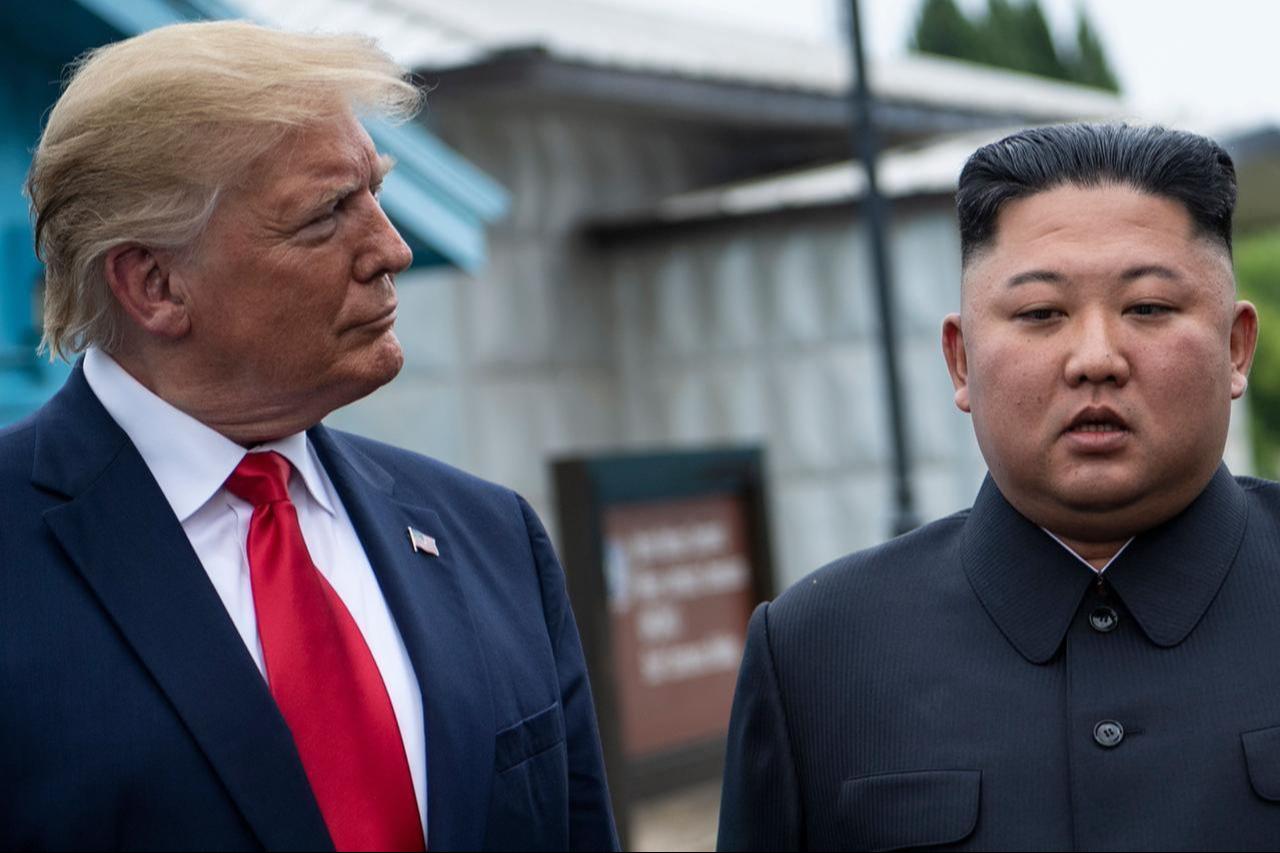
North Korea’s defense minister warned Saturday that Pyongyang would take “more offensive action” in response to what it described as hostile U.S. and South Korean military activities, condemning the arrival of a U.S. aircraft carrier in South Korea and recent defense talks between Washington and Seoul.
The warning came a day after North Korea launched a short-range ballistic missile into the sea off its east coast, following the announcement of new U.S. sanctions targeting North Korean individuals and entities accused of cyber-related money laundering.
Defense Minister No Kwang Chol said North Korea “will show more offensive action against the enemies’ threat on the principle of ensuring security and defending peace by dint of powerful strength,” according to the Korean Central News Agency (KCNA).
He added that “all threats encroaching upon the sphere of the North’s security” would become “direct targets” to be “managed necessarily.”
No criticized the recent visit by U.S. Defense Secretary Pete Hegseth and his South Korean counterpart to the border between the two Koreas, as well as their subsequent security talks in Seoul.
He accused the allies of plotting to integrate nuclear and conventional forces against Pyongyang.
“This is a stark revelation and an unveiled intentional expression of their hostile nature to stand against the DPRK to the end,” he said, using the abbreviation of North Korea’s official name, the Democratic People’s Republic of Korea.

The U.S. nuclear-powered aircraft carrier USS George Washington arrived this week at the port city of Busan alongside the Fifth Carrier Strike Group as part of large-scale joint drills, known as Freedom Flag.
South Korea’s navy said the carrier’s visit was intended for logistics and crew rest.
No claimed that the deployment further escalated tensions on the peninsula. “The arrival of the U.S. carrier strike group demonstrates their hostile intention,” he said.
Hegseth, during his visit, reaffirmed that the core of the U.S.-South Korea alliance remains focused on deterring North Korea while maintaining operational flexibility for American troops stationed in the region.
The missile launch on Friday marked another show of force by Pyongyang amid growing tensions in the region. Japan said the projectile landed outside its exclusive economic zone.
The U.S. Indo-Pacific Command said the launch “does not pose an immediate threat to U.S. personnel or territory, or to our allies,” but added that it “highlights the destabilizing impact” of North Korea’s actions.
South Korea’s military condemned the test and urged Pyongyang to “immediately cease all actions that heighten tensions between the two Koreas.”

The missile launch came just over a week after U.S. President Donald Trump visited the region and said he was open to meeting North Korean leader Kim Jong Un. No such meeting occurred, but Trump said he remained willing to return for discussions.
Meanwhile, Seoul has announced plans to develop a nuclear-powered submarine, a move analysts say could provoke further reaction from Pyongyang.
South Korean lawmakers said earlier this week that the North appears ready to carry out what would be its seventh nuclear test if leader Kim Jong Un gives the order.